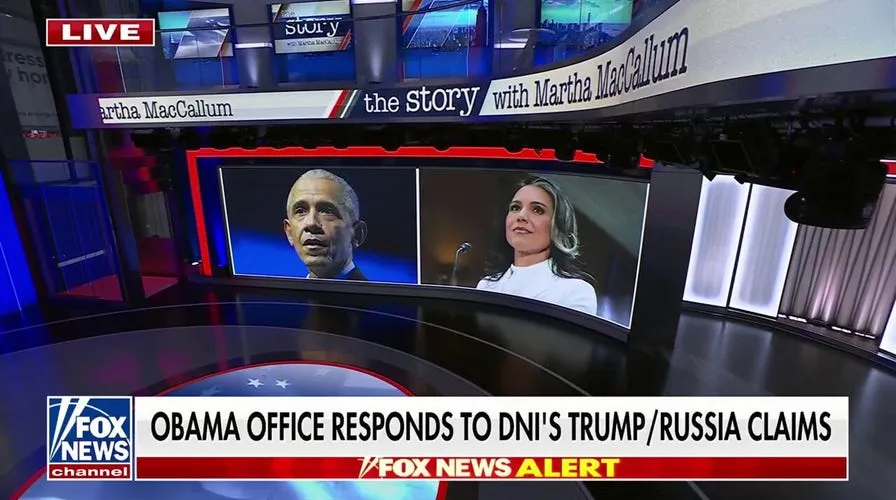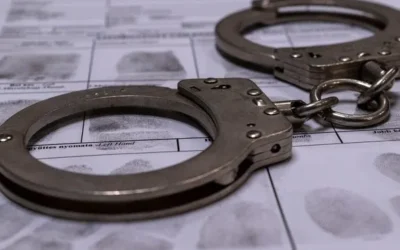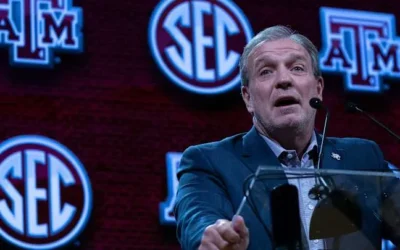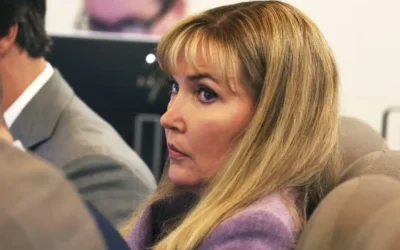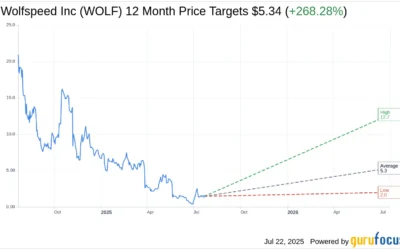Obama Denies Trump’s Accusations
In a rare public statement, former President Barack Obama has addressed the recent accusations made by former President Donald Trump, who has claimed that Obama was the ‘ringleader’ of the Russiagate probe. This response comes amidst a swirl of theories and allegations surrounding the controversial investigation into Russian interference in the 2016 presidential election.
Trump’s Claims: A New Low?
Donald Trump’s claims regarding Obama seem to be part of a broader strategy by the former president to deflect attention from his own legal challenges and political vulnerabilities. Trump’s rhetoric has often included wild accusations, but the assertion that Obama orchestrated the investigation into Russian collusion feels particularly disconnected from reality. In a statement, Obama stated simply, “These bizarre allegations have no basis in fact and are merely an attempt to undermine a legitimate investigation that sought to uphold the rule of law.”
The Context of Russiagate
The roots of the inquiry into Russian interference date back to 2016 when intelligence agencies reported that Russia had attempted to influence the election in favor of Trump. Special Counsel Robert Mueller was appointed to investigate these claims, scrutinizing contacts between Trump’s campaign and Russian officials. The investigation resulted in a damning report that listed numerous contacts but did not conclusively prove a conspiracy. Trump’s insistence that Obama was the master puppeteer behind these events only adds to a narrative that many political analysts see as a desperate attempt to dodge accountability.
Obama’s Statement: A Call for Accountability
Obama’s recent remarks highlight a critical point: that accountability in politics is essential, even when facing unfounded accusations. His statement went further, expressing concern over the state of political discourse in the United States. He stated, “It is crucial that we remain focused on facts and evidence when discussing matters of national importance, rather than allowing speculation and unfounded claims to drive our narratives. Separating fact from fiction has never been more important.”
Tulsi Gabbard’s Glaring Contradictions
Adding another layer of complexity to the narrative surrounding Russian interference is former Congresswoman Tulsi Gabbard, who has made allegations of her own, claiming that there was a seditious conspiracy at play. However, her claims run contrary to what many former Trump officials have testified to, which creates confusion and casts doubt on her assertions. Gabbard’s most recent remarks have raised eyebrows, particularly due to her contradictory stances that seem to flip in alignment with whatever narrative is politically convenient.
Gabbard’s Claims Scrutinized
Gabbard, who has often positioned herself as an anti-establishment figure, has found herself increasingly at odds with the broader Democratic narrative regarding Russia. In her statements, she posits that the mainstream media and establishment politicians are complicit in a fabricated story meant to undermine Trump’s presidency. Critics point out that Gabbard’s attack on the legitimacy of the investigation is alarmingly similar to Trump’s, suggesting that they may be joined by a shared interest in delegitimizing political opponents.
Analysis of Claims: The Thin Gruel of Evidence
Political analysts note that Gabbard’s arguments are largely built on thin evidence. In doing so, she fuels the ongoing politicization of the Russia narrative while distancing herself from other politicians who have accepted the findings of the Mueller report and the necessity of investigating foreign interference in U.S. elections.
What This Means for American Politics
The back-and-forth between Obama’s rebuttal of Trump’s claims and Gabbard’s contradictory narratives paints a worrying picture for American politics. With accusations flying from both sides, it becomes increasingly difficult for voters to discern truth from rhetoric. Experts warn that while political discourse can be robust and challenging, it is beneficial only when rooted in facts rather than sensationalism.
The Role of Media in Shaping Perceptions
In this battleground of narratives, the media plays a pivotal role. Coverage of both Trump’s and Gabbard’s remarks has significant implications for voter perceptions. It’s paramount for news outlets to critically evaluate claims, rather than merely rehashing political talking points. By doing so, journalists can help uphold the integrity of political discourse, ensuring that their audiences are provided with well-rounded, factual reporting.
Looking Forward: A Call for Rational Discourse
As we navigate further into 2023 with crucial elections ahead, the importance of rational discourse cannot be overstated. Former President Obama’s emphasis on separating fact from fiction serves as a reminder that political integrity must be preserved, even when facing undesirable truths. The American public deserves leaders who prioritize accountability and transparency over deflection and division.
Final Thoughts
As both Trump and Gabbard continue to make headlines with their assertions, one can only hope that the political landscape does not continue to devolve into sensationalist soundbites devoid of substantive analysis. One thing is clear: the need for clarity and truth in politics has never been more pressing, and it is a responsibility that falls on both leaders and the media alike.

